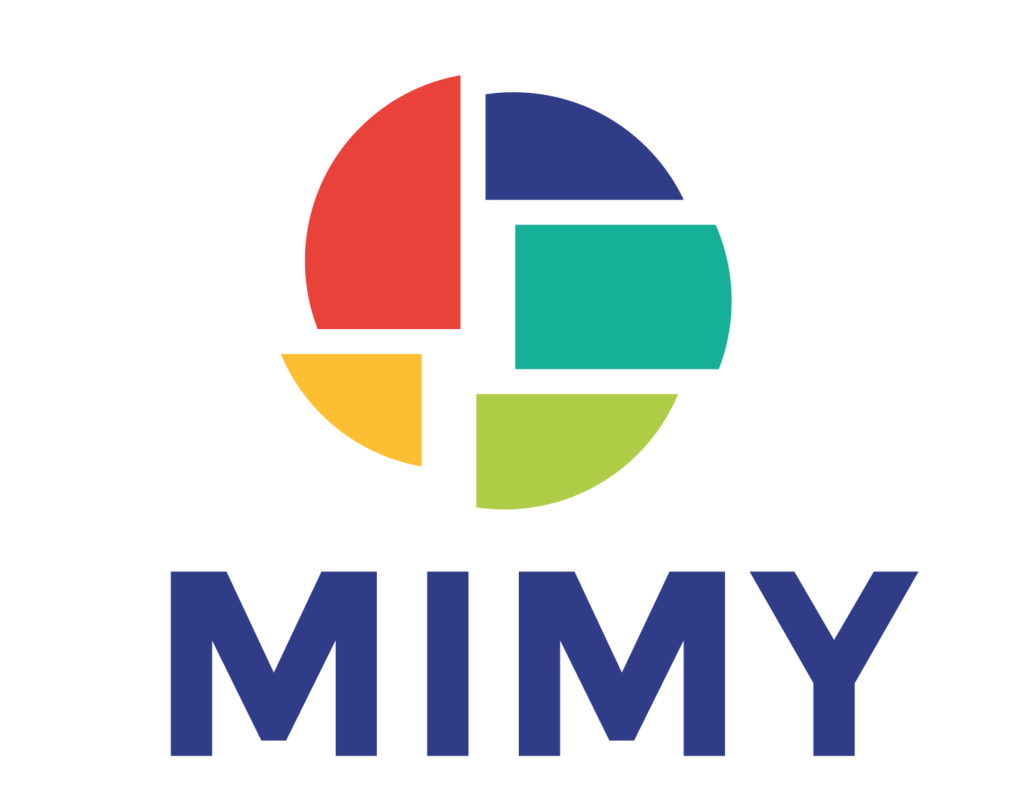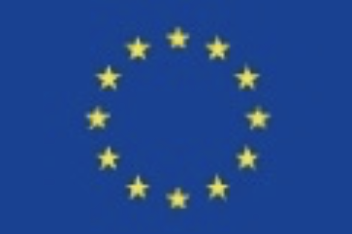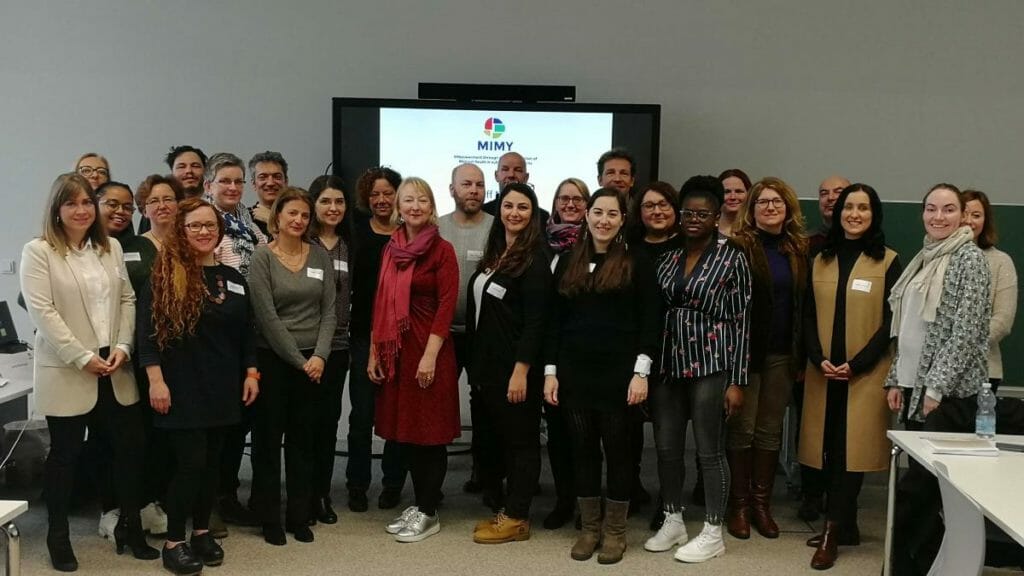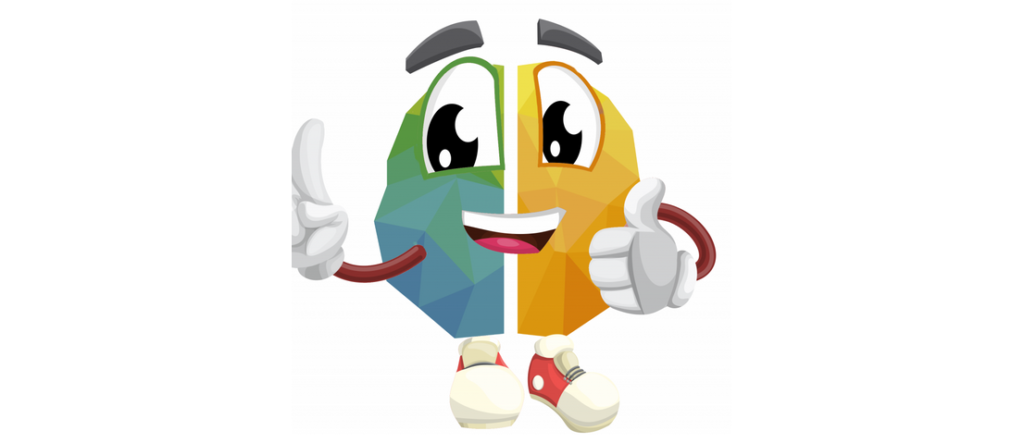HAWK University of Applied Sciences and Arts Hildesheim/Holzminden/Göttingen
Faculty of Management, Social Work, Construction
Projektleitung: Prof. Dr.-Ing. Arno Kwade
Projektname: „Li-Ion Pilot Lines Network“ (LiPLANET)
Keywords: Energie, Mobilität, Partner

DATA & FACTS
Project
MIMY – EMpowerment through liquid Integration of Migrant Youth in vulnerable conditions (01.02.2020-31.01.2023)
Scientific contact
Prof. Dr. Leonie Wagner Dr. Agnes Kriszan
EU-Funding line
Horizon 2020
Projektleitung: Prof. Dr.-Ing. Arno Kwade
Projektname: „Li-Ion Pilot Lines Network“ (LiPLANET)
Keywords: Energie, Mobilität, Partner

MIMY has received funding from the European Union’s Horizon 2020 research and innovation programme under grant agreement No 870700.
The content provided in this press release reflects the author’s views only. Neither the Research Executive Agency (REA) nor the European Commission are responsible for any use that may be made of the information it contains.
Projektleitung: Prof. Dr.-Ing. Arno Kwade
Projektname: „Li-Ion Pilot Lines Network“ (LiPLANET)
Keywords: Energie, Mobilität, Partner
MIMY – EMpowerment through liquid Integration of Migrant Youth in vulnerable conditions
HAWK joins interdisciplinary consortium aiming to improve integration policies across Europe.
The EU research project MIMY aims to improve the situation of young migrants in Europe via a multi-level analysis of their integration processes. The interdisciplinary and international consortium is collecting qualitative and quantitative data and will conduct case studies in different countries to analyse the social and economic impact of (successful or failed) integration and derive evidence-based policy recommendations. Over three years, the 14 European partners will receive €3 million in funding from the European Union’s Horizon 2020 framework programme.
In particular since 2015, the increased influx of asylum seekers and refugees into Europe has led EU Member States to adopt various national strategies on integration efforts and policies. In the context of an ageing population and an increasing demand for highly skilled workers, migrants make an important economic contribution in their host countries. Given that young people in particular make up a large proportion of migrants, societies now need to find new ways to address the challenges posed by the integration of young third-country nationals, not least to avoid social exclusion.
The EU-funded MIMY project addresses these questions by examining the effectiveness of integration policies in an interdisciplinary and international comparative research project. The consortium comprises 14 universities, research organisations and civil society institutions, spanning 11 disciplines including sociology, cultural and political sciences, geography, economics, social work, and psychology.
Between 2020 and 2023, the HAWK research team – Prof. Dr. Leonie Wagner, Dr. Agnes Kriszan, Dorothea Biaback Anong and Dr. Swantje Penke – empirically investigates which factors positively and negatively influence integration processes in a rural-peripheral region and study what effects this has on the economic and social development of a rural region.
The multi-methods approach provides detailed analysis for deriving tailored, actionable policy recommendations on the following topics:
- long-term socio-economic effects of successful and failed integration
- factors facilitating or hindering the integration process of young migrants (taking into account heterogeneity and different biographical backgrounds)
- supporting the agency of young migrants through different social actors and institutions by strengthening individual resilience and resistance strategies.
The MIMY project focuses on the experiences of young migrants which have so far warranted little attention. “Taking into account their needs and expectations, we want to contribute to the empowerment of this vulnerable group, enabling them to become active citizens in an inclusive society,” says Professor Birte Nienaber from the University of Luxembourg, who coordinates the project. “By directly involving young migrants as peer researchers and using participatory research approaches, we want to make their voices heard in the political bubble.”

Authors:
Dr. Agnes Kriszan, Prof. Dr. Leonie Wagner
Date:
02/2020
This might also interest you …

ProjeCt: SULTAN
In an effort to bring science and society together in Europe, and For more than 100 years, the mining industry in the EU has been disposing its mineral residues. If poorly managed, these residues pose a significant threat to the environment, but also contain valuable metals and recoverable minerals, e.g. gold, silver, cobalt, barite.

ProjeCt: stimey
In an effort to bring science and society together in Europe, and consequently increase the continent’s international competitiveness, STEM (Science, Technology, Engineering and Mathematics) education must be more relatable to European youths to raise their interests and involvement in STEM careers.
